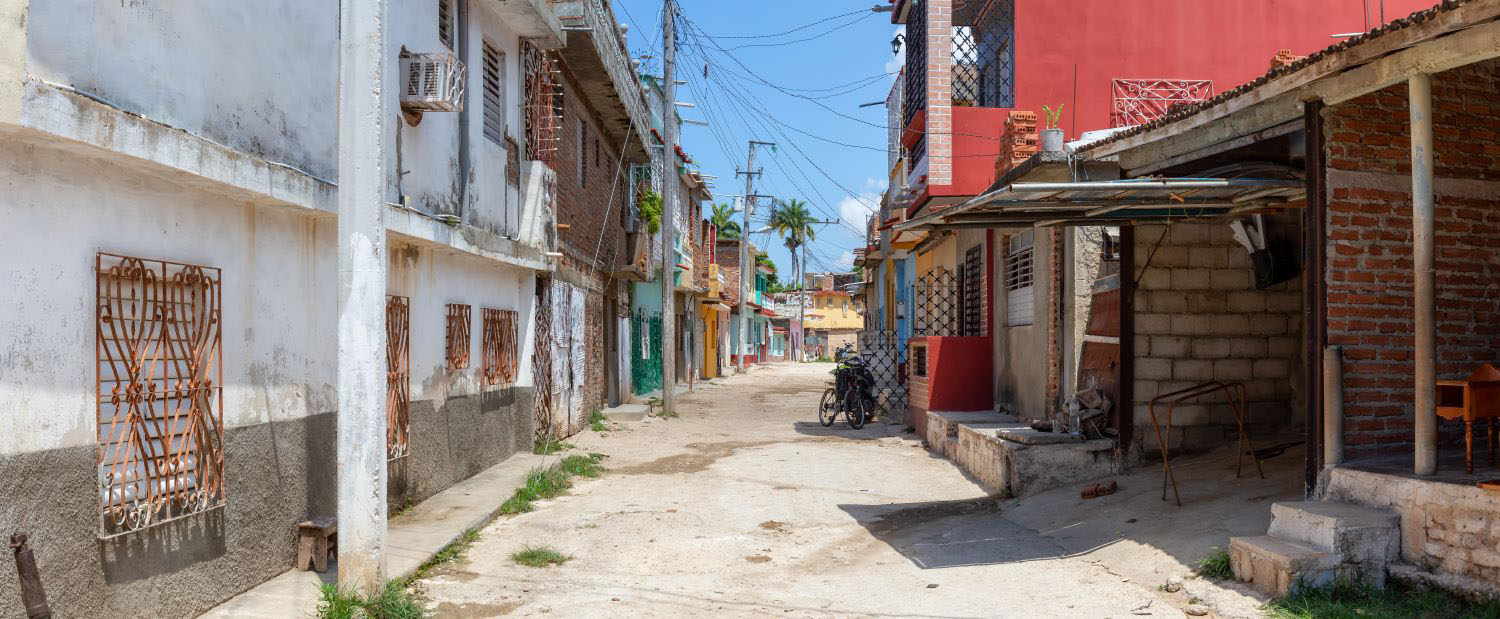The U.S. military has become increasingly involved in economic development, fulfilling roles normally played by USAID and other development NGOs. My guests this week, senior fellow Vijaya Ramachandran and research assistant Julie Walz, discuss their recent paper written with Gregory Johnson on the Commander’s Emergency Response Program (CERP), which provides funds for development projects in Afghanistan as part of the military’s development operations. While Vij and Julie are not advocating for or against military involvement in development, they recognize its occurrence and offer practical recommendations.“The military’s role in development work is a very interesting phenomenon,” explains Vij. “The U.S. military has substantially changed the way it has done business. Since 2002, they have allocated nearly 2 billion dollars to relief and reconstruction in Afghanistan alone.”I ask Vij to whom the CERP funds are ultimately allocated. Can a 26-year-old captain receive the money? Vij explains that any military officer with a ranking of captain or major can receive CERP funds to design and implement projects such as building schools, roads, or medical clinics. These funds are issued with the ultimate goal of stabilizing fragile states.Julie says the jury is still out on whether the CERP funds have achieved their goal in Afghanistan. While development can lead to security, efforts to rapidly modernize could destabilize communities.“It’s not a zero-sum game,” explains Julie. “You’re not just giving money and making everyone better. There are changes in social stability, traditional values, and social structures because of this aid.”In order to improve the effectiveness of CERP funds, Vij, Julie, and Gregory Johnson’s paper provides recommendations which include awareness of unintended consequences of aid, modernization of military education and training, and monitoring outcomes.Vij explains how the military in Afghanistan is operating within a complex set of community relationships and difficult parameters. For example, a military troupe could be building a school in the same location it is carrying out counterterrorism efforts. In another scenario, a captain could hire a contractor from one side of town while angering the other side because of complex community relationships. This is why Vij and Julie are advocating for increased awareness of the unintended consequences of aid.Vij also explains that the military is not adequately trained to carry out development work because education and training is outdated.“The military’s role has changed and the education has not kept up,” explains Vij. “The military is tasked with new responsibilities but they have no training in basic economics, understanding community relationships, or cultural studies. I think this has created a real tension between what kind of training the military is doing and what the soldiers are doing.”While implementing these changes within the military would be a large shift for a large organization, Vij and Julie hope their working paper will set in motion a type of dialogue on how to improve CERP’s efficiency -- an important goal given the likely possibility of the U.S. becoming similarly involved in other fragile states.We conclude the Wonkcast with a look into the future. Could shifts in the global climate lead to more fragile states and more U.S. involvement? Vij’s guess is yes.“We will probably see conflicts around access to clean water and other resources,” says Vij. “I can see conflicts arising in different parts of the world as resources shift dramatically. In these types of settings, I think the U.S. military sees themselves as a player.”
If you have iTunes, you can subscribe to get new episodes delivered straight to your computer every week. My thanks to Alexandra Gordon for her production assistance on the Wonkcast recording and for assistance in drafting this blog post.CGD blog posts reflect the views of the authors, drawing on prior research and experience in their areas of expertise.
CGD is a nonpartisan, independent organization and does not take institutional positions.





